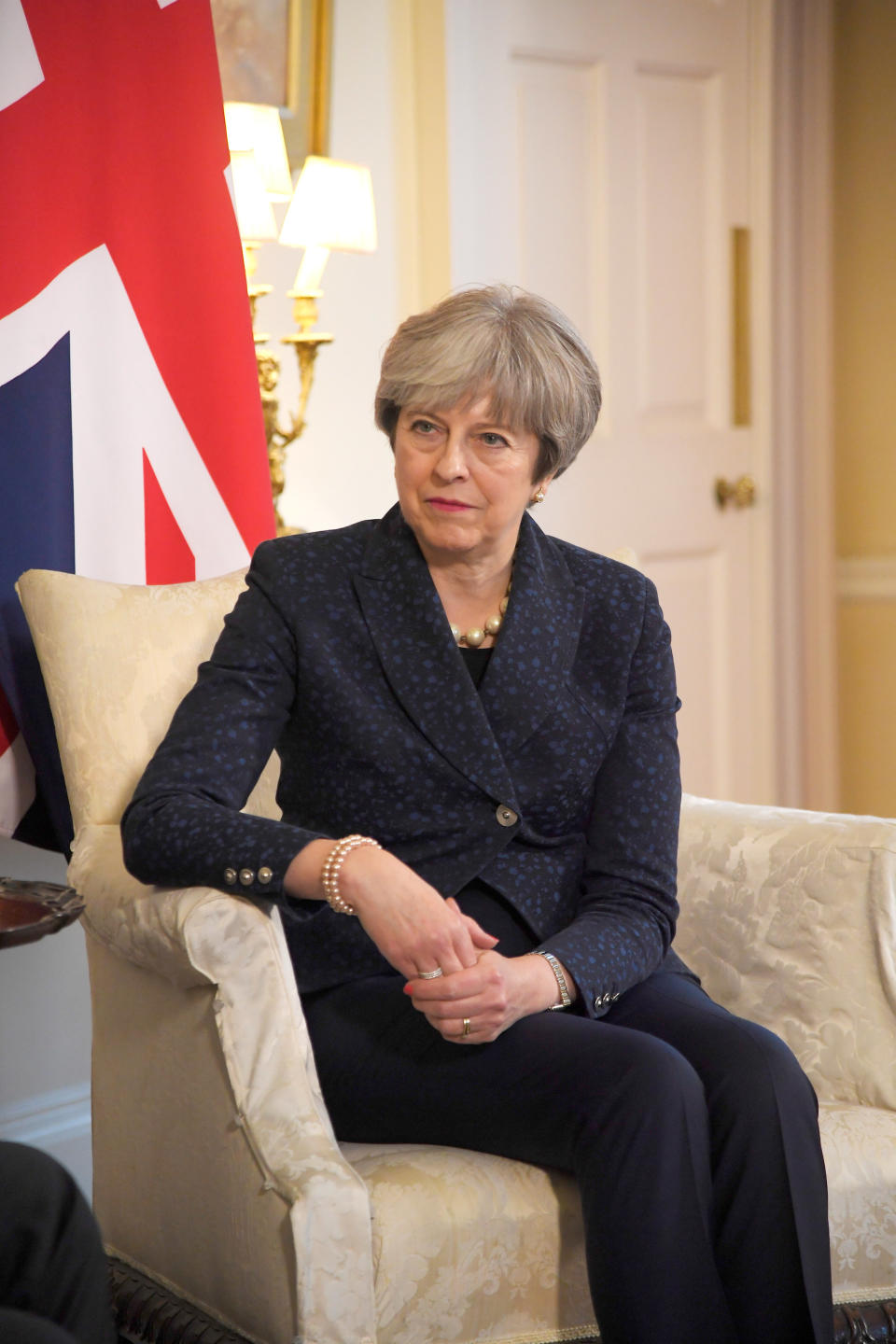The first deal shows only the nimble businesses will survive Brexit

Being the leader of a company means a lot of gazing into a crystal ball and understanding the winds of change. Those most adept at this are usually the ones who succeed.
That used to mean analysing the macro-environment and aligning your business to the shifting sands, but Brexit is making the soothsayers’ job even more difficult than usual – if not impossible – due to the sheer complexity of the negotiations.
And now with the ‘constructive ambiguity’ used to resolve the Ireland border issue seemingly appeasing both Remainers and Brexiteers, according to Theresa May, even more confusion reigns.
It is as yet unclear whether the UK will be in or out of a single market or customs union when it finally exits, or for how long it will stay in a transition phase – if on ever materialises.

So setting a strategy for such a confused environment is tricky to say the least, especially considering the single market has worked to eradicate complexity, harmonising standards and policies among the EU member states.
Going forward, radical changes in financial, trade, legal and governmental systems may be required.
In such a state of flux, staying nimble is key. Business leaders have to proactively react to ‘Brexit’, whatever this means on the ground, and search for and take advantage of emerging opportunities, such as the short-term increase of the net flows of foreign direct investment into the United Kingdom.
The most challenging aspect, however, is that most business leaders should adopt strategies to do this while at the same time managing other uncertainty and challenges, such as the depreciation of the pound and the rising inflation.
CEOs and company boards need to look at some of the major forces that Brexit could exert on the business world in their macro-environment and understand how these forces might affect their capability to operate effectively in the medium to longer terms. They need to look at all scenarios, which at the moment, are many.

For example, although the EU faces tough challenges, it is a major trading entity in the global market and the UK’s largest trade partner.
Being part of that entity and having full access to the largest single market on the planet always helps, especially during periods of uncertainty and austerity.
That may still remain, but companies still have to plan for not being in it.
A recent study argued that leaving the EU would lower trade between the UK and the EU because of higher tariff and non-tariff barriers. Not being part of the EU might make it less appealing for companies in general to invest in the UK in the longer term.
At the same time, there is the risk of reputational damage, if Brexit challenges Britain’s image as a steady and sound centre for global financial markets.
At the other end of the spectrum, companies that do business in the UK while sourcing their material from the EU could well face steep increases on the cost of their supplies.
These excessive costs may have to be passed on to their customers, who have shown great levels of resilience since the referendum, but evidence is now emerging that the economy could be feeling the effects of Brexit, instigating sluggish economic growth.
It is imperative for business leaders to also plan for the potential risk of losing access to scarce resources such as highly skilled labour and access to new knowledge that allows their organisations to outperform European competitors.
Developing subsidiaries in European countries has emerged as a potential strategy to avoid this disruption, but if the UK remains in the single market, these may not be needed after all. Again flexibility is key.
Others seem to prefer a wholesale move out the of the UK, which is costly and will see them lose some of the privileges they enjoy in the UK, and in particular London.
At the same time, investors might also look for some transparency about the consequence of Brexit talks before pledging investment to long term plans.
Leaving the EU’s customs union, like Switzerland and Norway have done, will unsurprisingly create more complexity for exports with the reinstatement of customs processes.
Business leaders have to prepare for this but also understand unintentional consequence such as how those that sit on the other side of the Channel react.
These complex scenarios all have to be planned out, but they also need to have flexibility built in, as we have seen with the first phase deal, things can change at the last minute and leave those plans pointless.
Dimitrios Spyridonidis is an Associate Professor of Leadership at Warwick Business School and researches leadership and management in the NHS.

 Yahoo Finance
Yahoo Finance 

